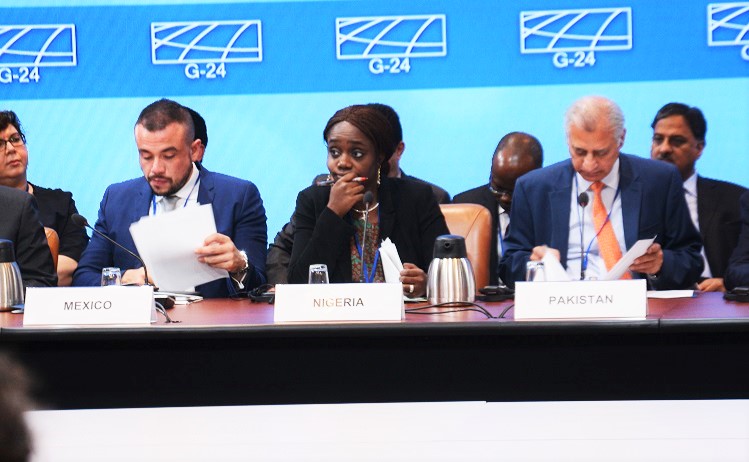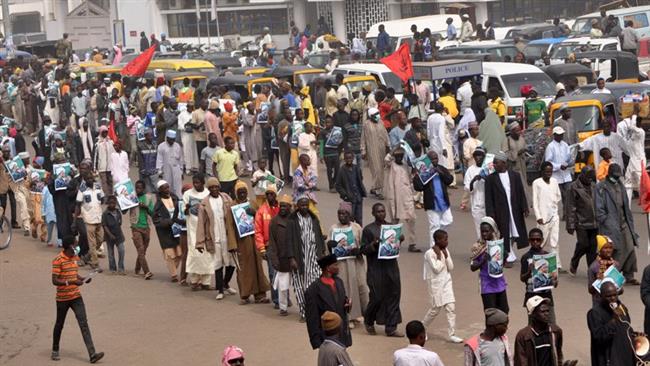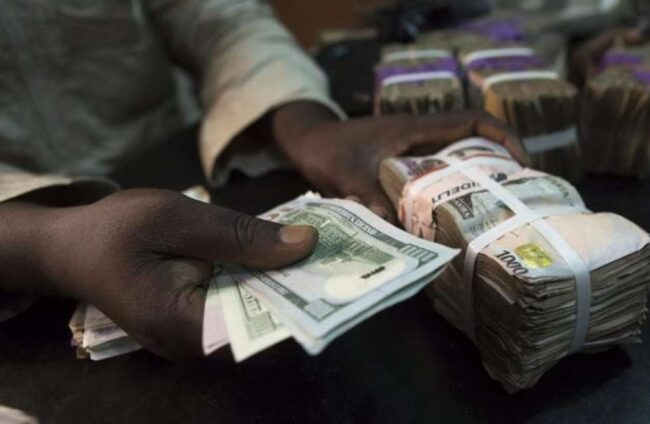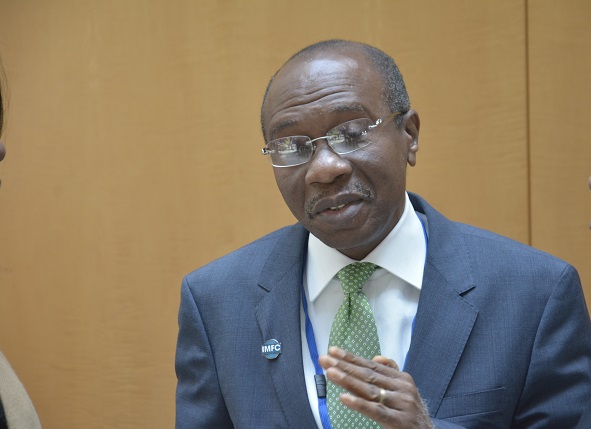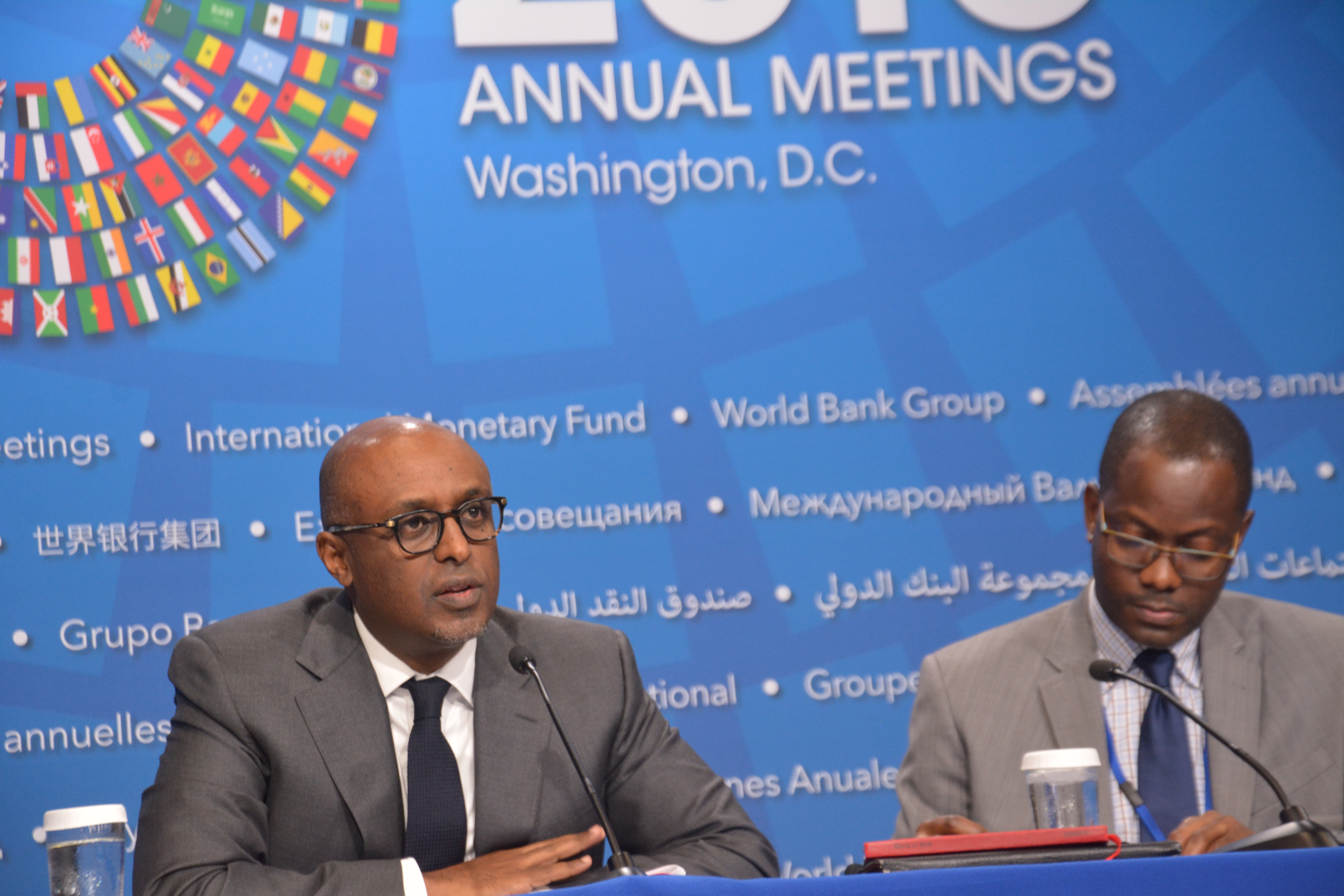
Sanusi Barkindo, secretary-general of the Organisation of Petroleum Exporting Countries (OPEC), says Nigeria, Iran and Libya will get special treatment in the cartel’s oil ceiling deal.
Speaking in Washington, after the G-24 meeting at the IMF Headquarters, Barkindo said this would be a big relief to the Central Bank of Nigeria.
“This is my first meeting; I must confess that I’m very impressed not only with the conduct but with the issues discussed,” he said.
Advertisement
“We at OPEC also submitted our statement, bringing the distinguished group up to recent short-term development, including the outcome of our last conference in Algiers, and the immediate prospect.
“The Algiers meeting was very positive, not only for Nigeria, but for the entire group, and if you recall, Nigeria, with the Islamic Republic of Iran, and Libya, are being considered as countries undergoing certain special circumstances. As unfortunate as they are, therefore, they should not be treated along with other 11 members.
“This is a big relief to our system, and our colleagues from central bank.”
Advertisement
Barkindo said many expected the OPEC meeting in Algiers to fail like that held in Doha, back in April, but that has not happened.
“As I explained in my statement, at least we have been able to avert a further price slump, after Algiers, as was widely expected by the markets.
“If you recall, before we went to Algiers, the expectations were that it was going to be another Doha. But thank God we have not witnessed that.
“In fact, since Algiers, we have seen prices rebound by almost seven percent, which is very significant, and the momentum is on the upside.”
Advertisement
OPEC ON ITS WAY TO SUSTAINABLE STABILITY
Speaking at the G-24, Barkindo said the oil cartel was on its way to sustainable price stability, with fair return on investment.
“The landmark decision taken at the 170th (Extraordinary) Meeting of the OPEC Conference in Algiers came after many rounds of consultative meetings and intensive talks,” he said.
“It underlines the organisation’s continued commitment to a ‘sustainable stability’ in oil markets, for the mutual interests of producing nations, for efficient and secure supplies to consumers, and with a fair return on invested capital for all producers.”
Advertisement
Add a comment


